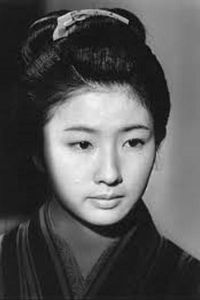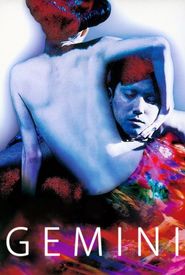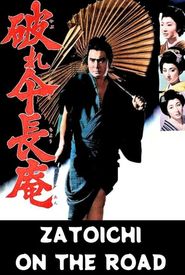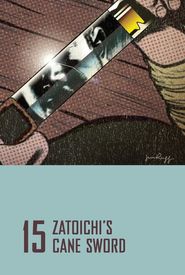Shiho Fujimura, a renowned Japanese actress, was born on January 3rd, 1939, in Kanagawa, Japan. Throughout the majority of her illustrious career, she predominantly appeared in "Jidaigeki" dramas, a genre that has captivated audiences with its rich historical and cultural significance.
Shiho Fujimura's professional journey began in 1962 with her debut in the critically acclaimed films "The Outcast" and "Kiru", both directed by Kon Ichikawa and Kenji Kisumi, respectively, and starring the esteemed Ichikawa Raizo. This marked the beginning of a long-standing collaboration between Fujimura and Ichikawa Raizo, as they went on to appear together in several notable film series.
One such notable series is the "Shinobi no Mono" (Ninja Story) film series, which spanned from 1962 to 1966, and the "Nemuri Kyoshiro" (Sleepy Eyes of Death) film series, which ran from 1962 to 1969. These film series showcased Fujimura's remarkable talent and versatility as an actress, as she effortlessly transitioned between various roles and genres.
Some of her other notable works on film include "Zatoichi on the Road" (1963),"Boss Takeshi" (1965),"The Betrayal" (1966),"Zatoichi's Cane Sword" (1967),"Prison Break" (1969),"The Falcon Fighters" (1969),and "Doctor's Wish" (2014),among others.
In recent years, Fujimura has shifted her focus to television, making a significant impact in the industry with her impressive body of work.




























